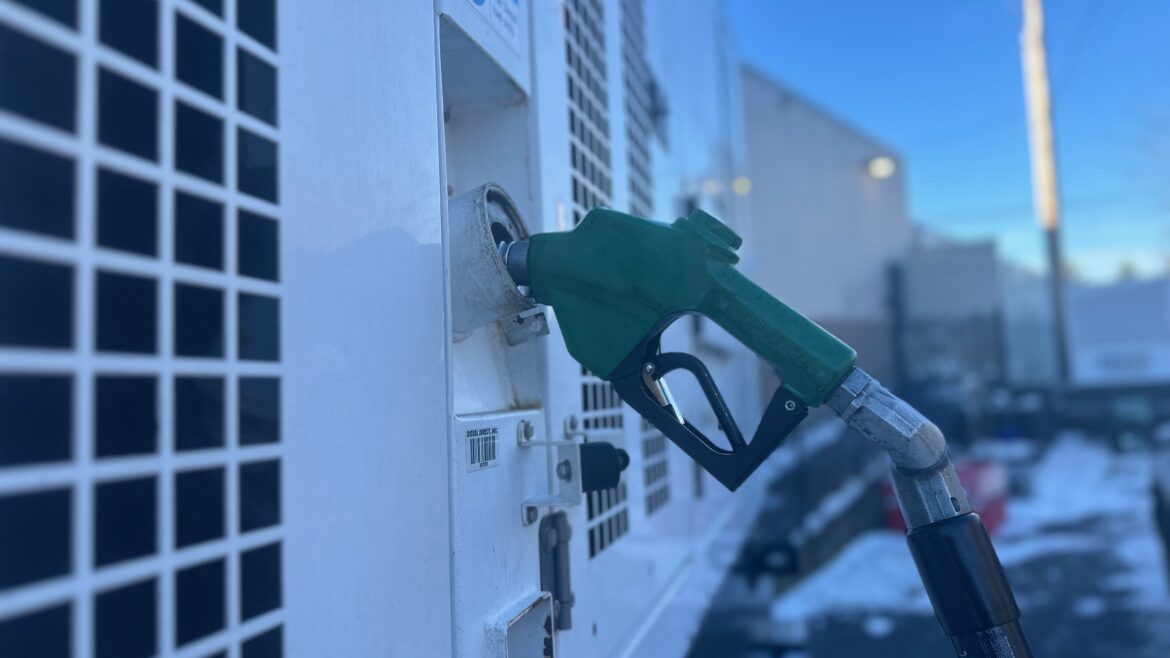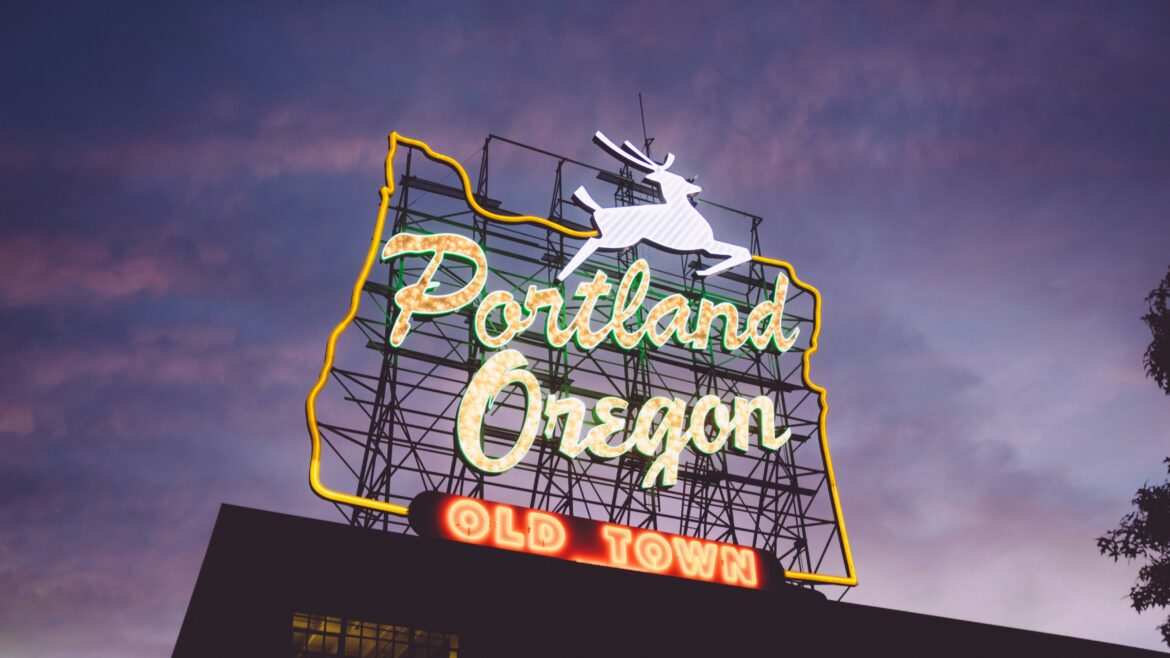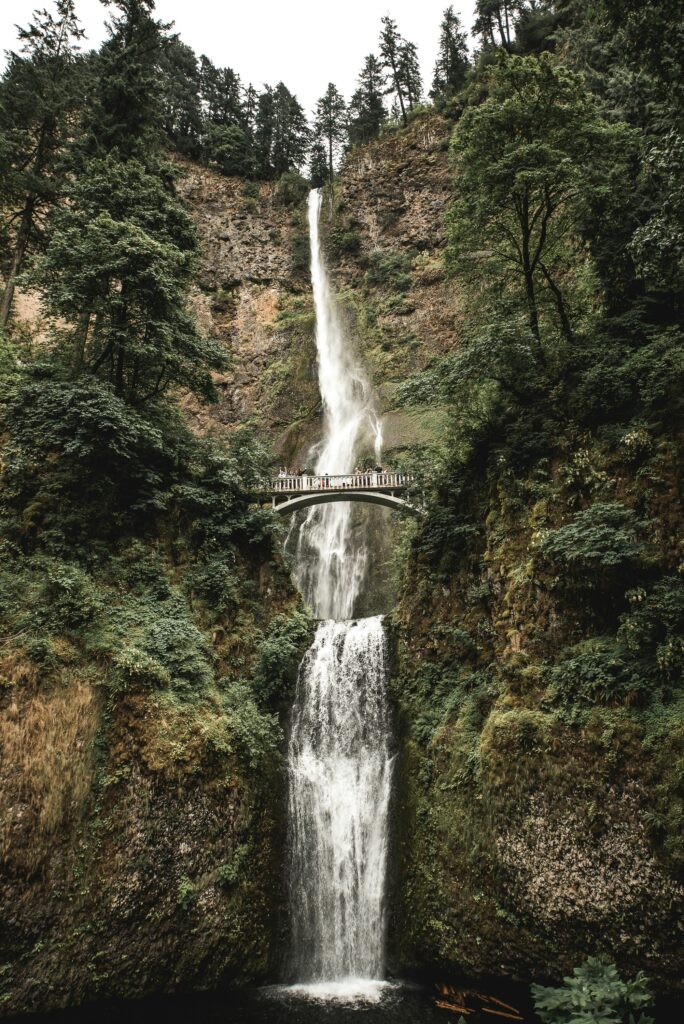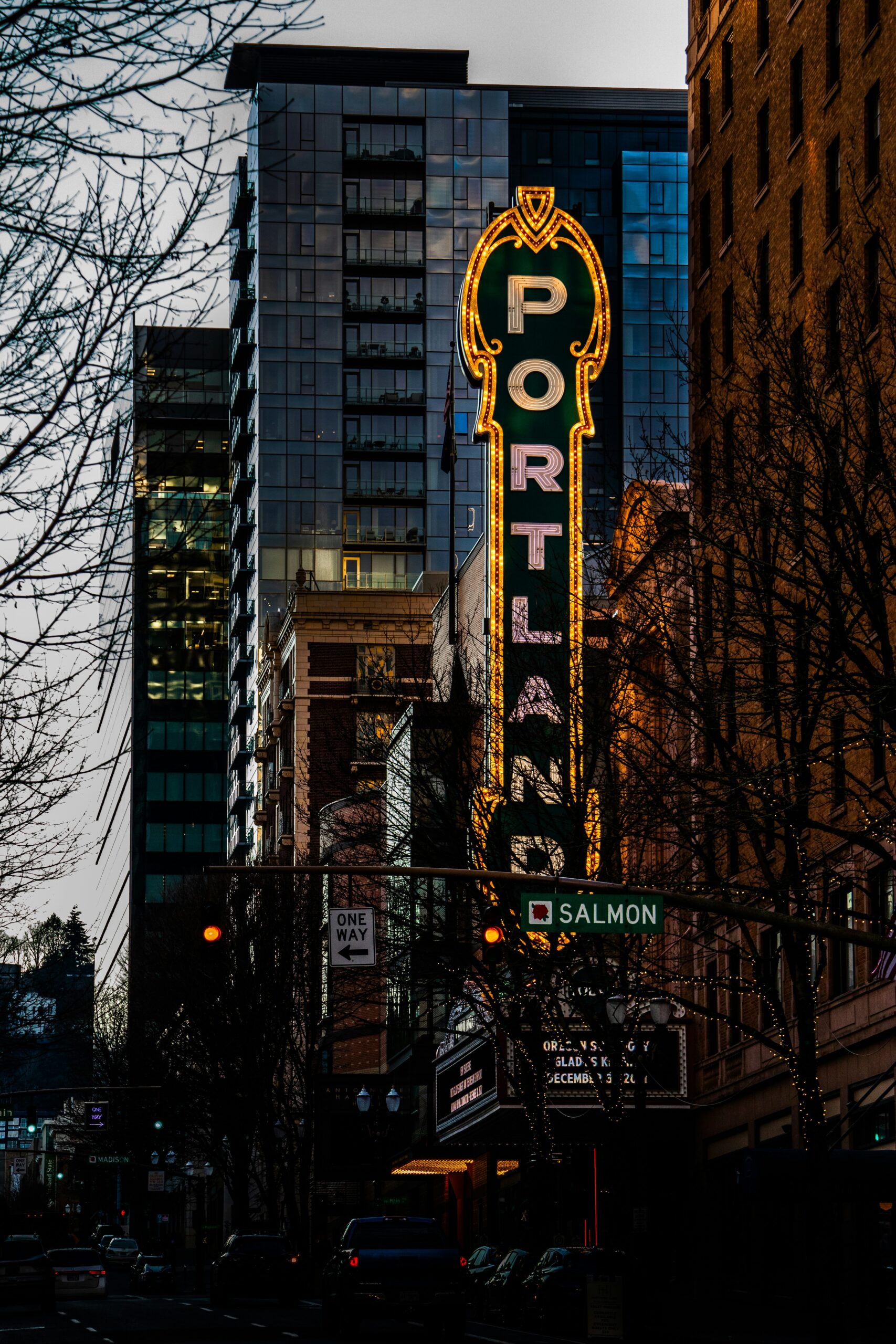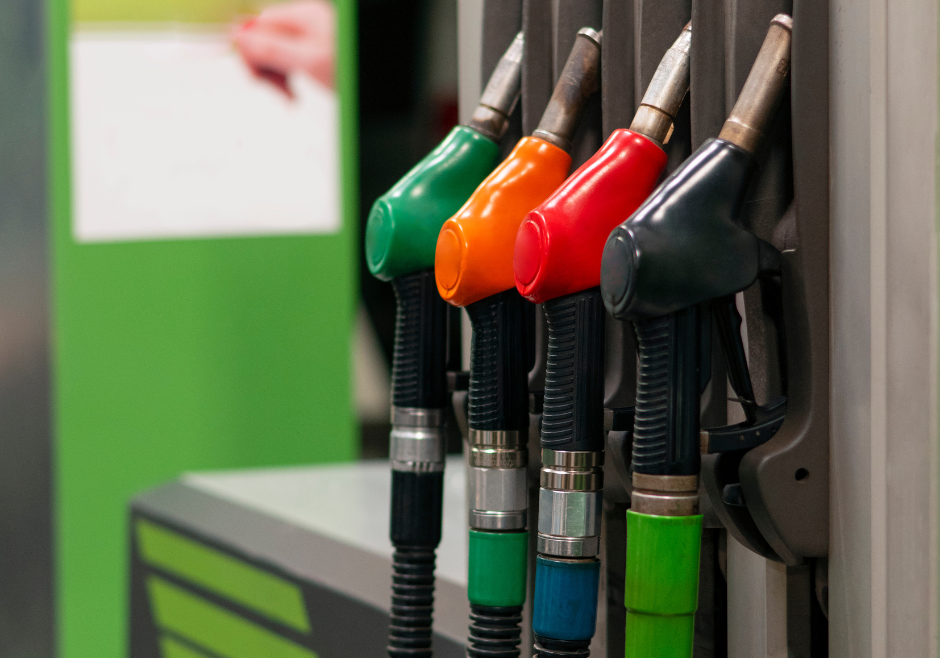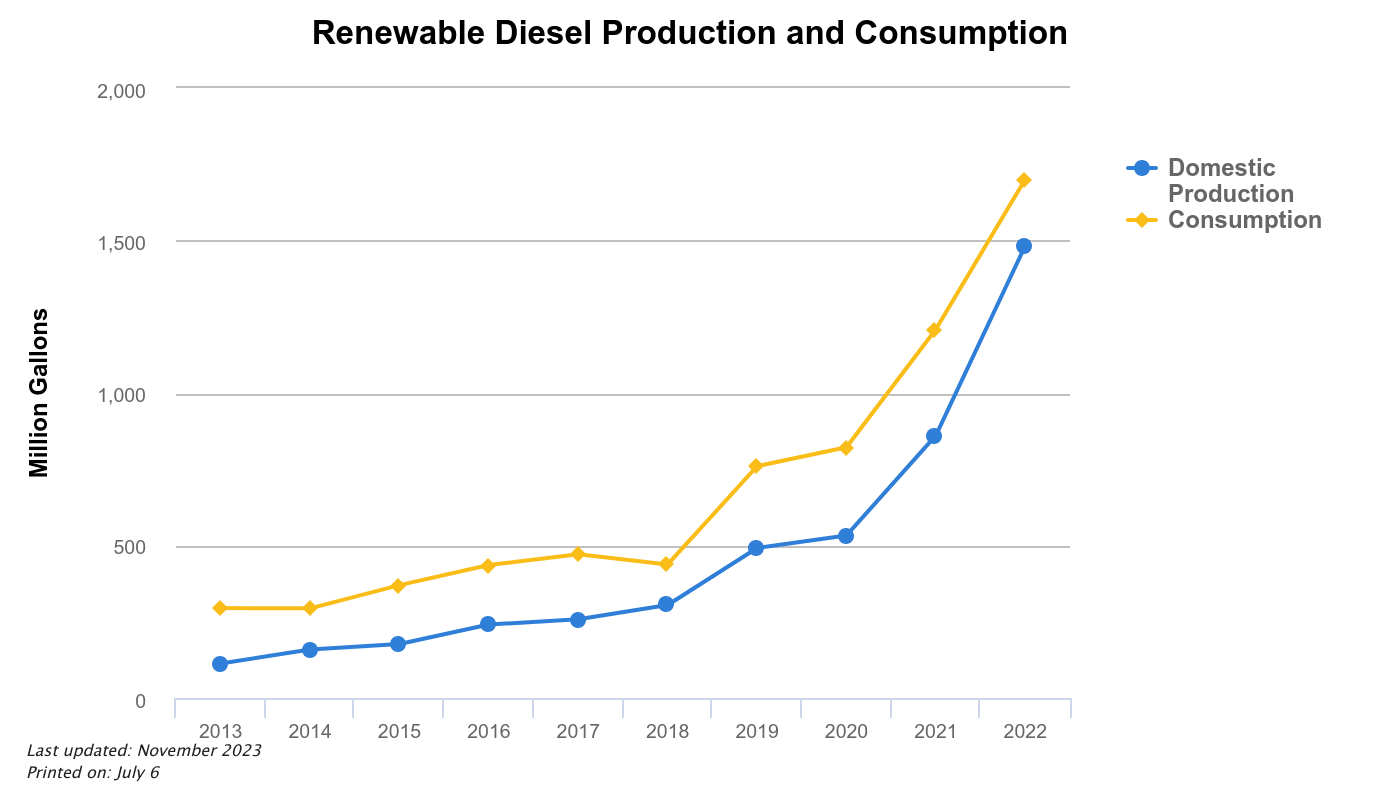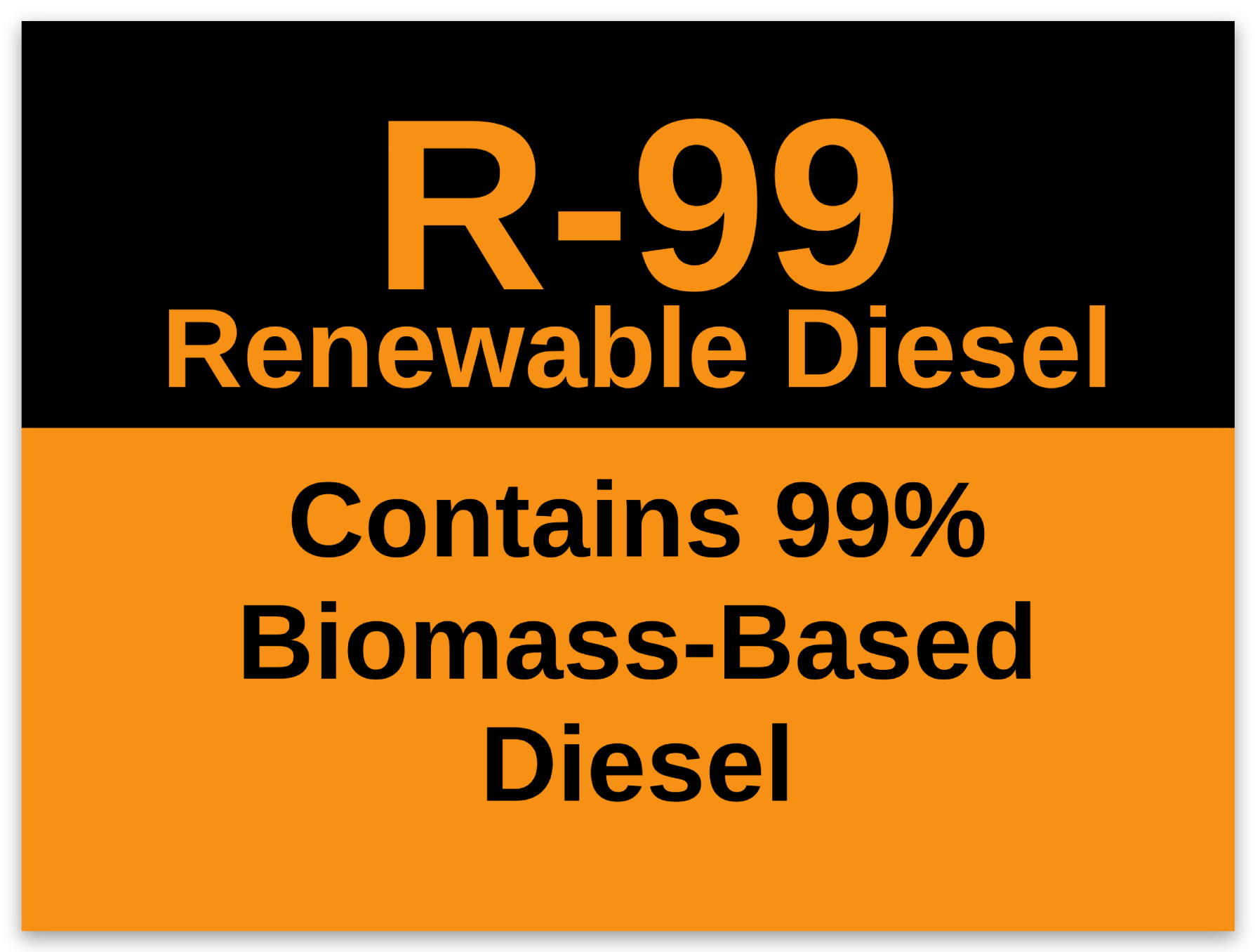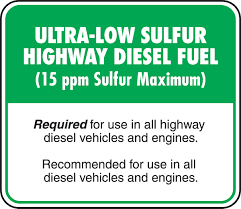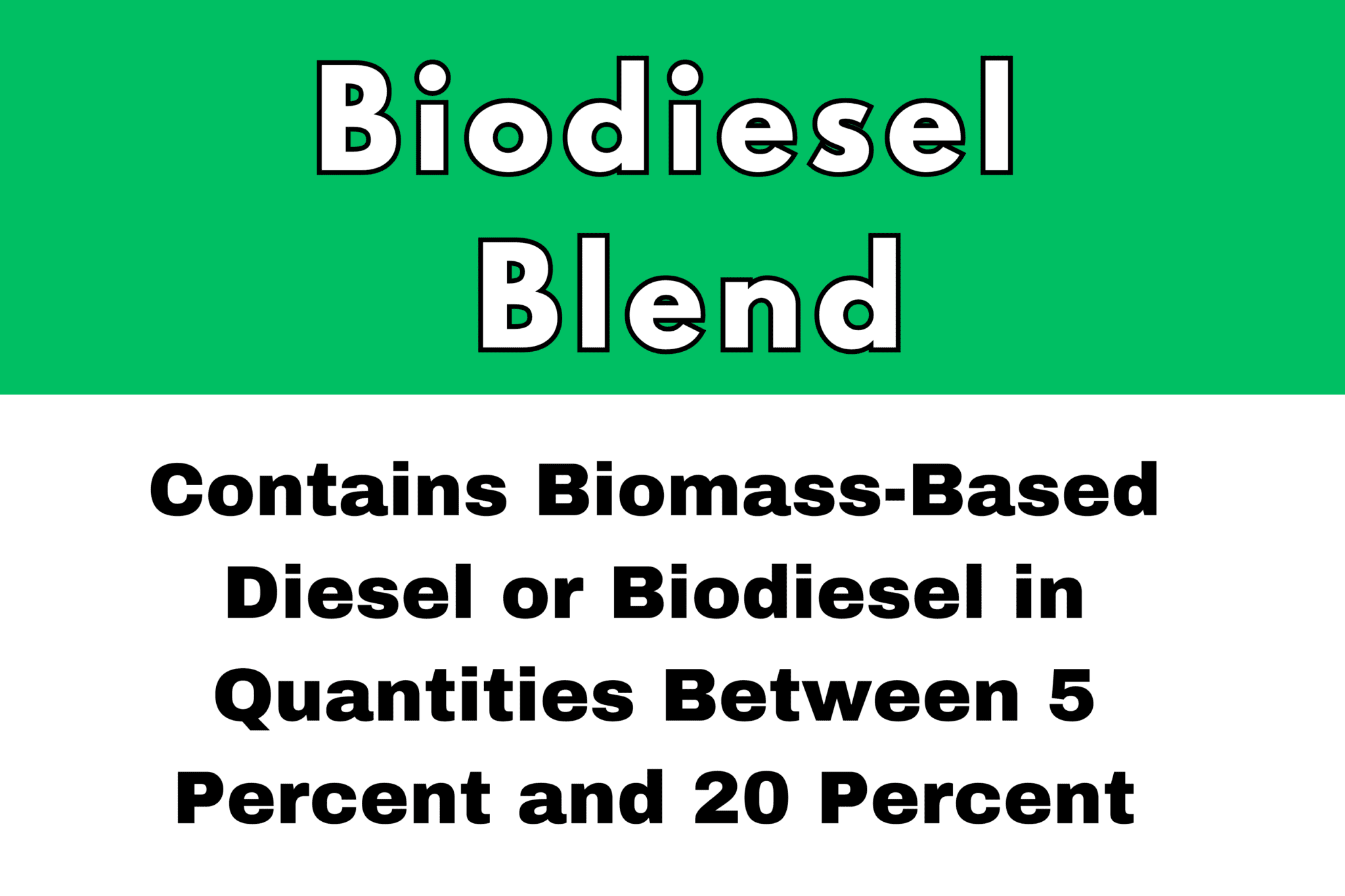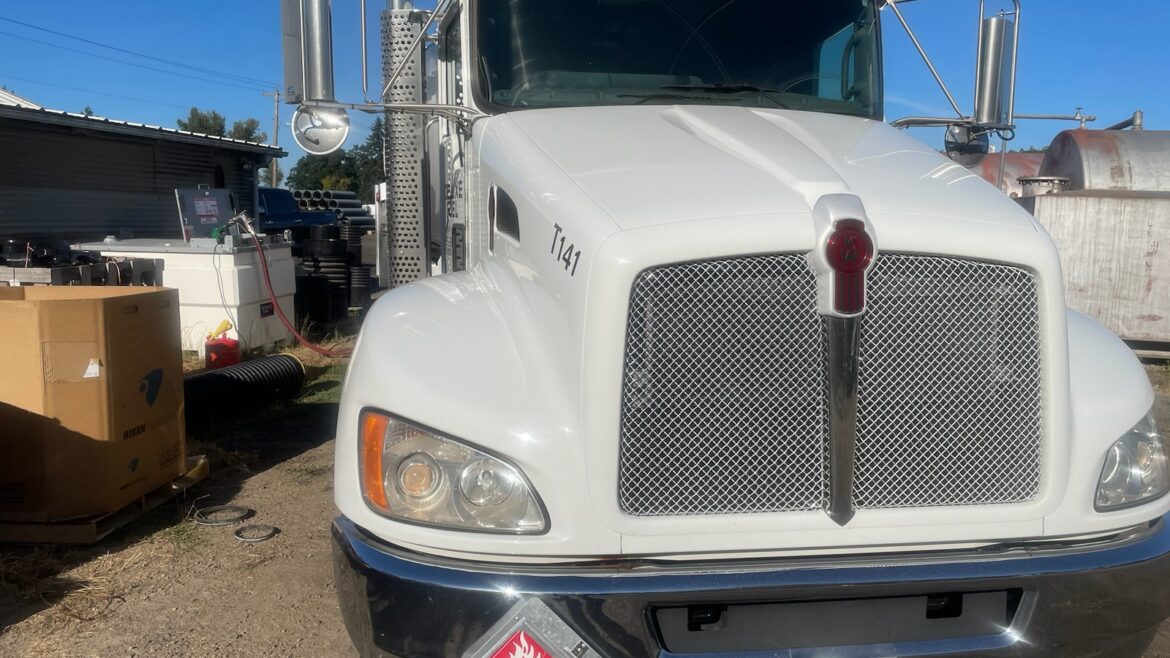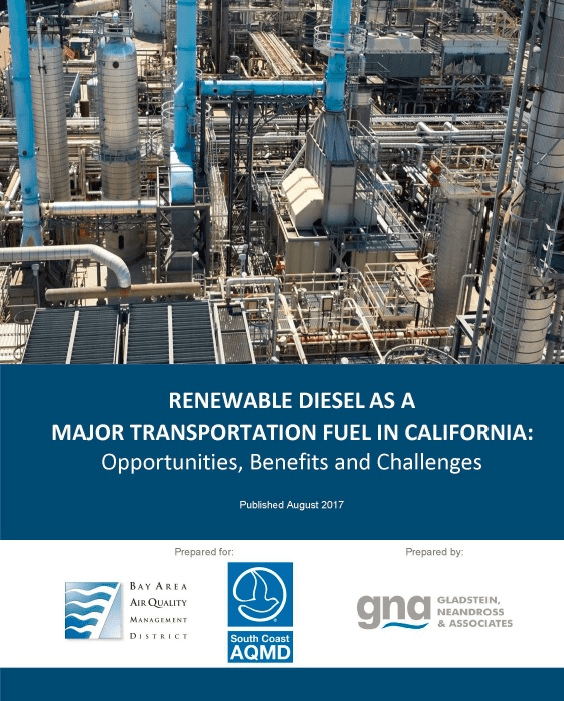Do you have questions about Renewable Diesel in Oregon?
Renewable Diesel delivered in Oregon
Imagine a superior next generation renewable diesel direct to your fleet.
___________________
Star Oilco is delivering R99 Renewable Diesel to fleets now.
Renewable Diesel delivered to your fleet by mobile onsite fueling or in bulk.
Imagine a fuel that is cleaner and drier than your typical diesel fuel bought in Oregon. Now imagine that this dry and clean characteristic means a better performing fleet. A fuel that causes less maintenance and increased performance benefits as it relates to your modern Tier 3 Diesel Emission systems. Fewer DPF (particulate trap) regens and other post engine maintenance issues in your fleet while more power and up time reported by the drivers behind the wheel. Now add to that a more than half reduction in CO2 emissions and Oregon has incentives for the adoption of this fuel because it is a biofuel. A biofuel that outperforms traditional diesel in performance, emissions, and in lifecycle analysis.
That next generation biofuel is her, Renewable Diesel!
Star Oilco can deliver Renewable Diesel to your tank in Oregon and Washington. If you are looking at this fuel we will work hard to make it easy for you regardless of how small or large your fleet. It is immediately available for bulk customers. If you are interested in mobile on-site refueling, wet-hosing, construction job site fueling, or a retail option for the fuel we can work with you as well to make that happen.
Renewable Diesel: A Next Generation low CO2 Diesel Fuel.
This product is available in Oregon and we are excited to make getting this fuel simple. Star Oilco is a proud seller Renewable Diesel product. If decarbonizing your fleet is your goal while reducing the total cost of maintenance on your fleet, Star Oilco is ready to serve your needs.
Renewable Diesel is available from several manufacturers of Renewable Diesel shipped to Oregon, Washington and California. This product being made available given it’s lower than petroleum CO2 emissions meeting the Low Carbon Fuel standards created by California, Oregon, and expected in Washington state.

For more on Renewable Hydrocarbons, please check out the US Department of Energy’s Alternative Fuels Data Center page on the subject.
Call Star Oilco with any questions you may have about Renewable Diesel, Biodiesel, Ethanol or other emerging alternative fuels. We have a track record of making alternative fuels easy for those wanting to use them. Call 503-283-1256 or email OrderDesk@Star Oilco.net and we can get you in conversation with our team about a future fuel available today.

Star Oilco is delivering R99 Renewable Diesel to fleets in bulk and by mobile onsite fueling.
Contact Form
For more on Renewable Diesel please also see the following:
Renewable Diesel as a major Transportation Fuel in California
Every Question Star Oilco has been asked about Renewable Diesel
Renewable Energy Group’s Ultra Clean Diesel (Renewable Diesel fuel blends)


